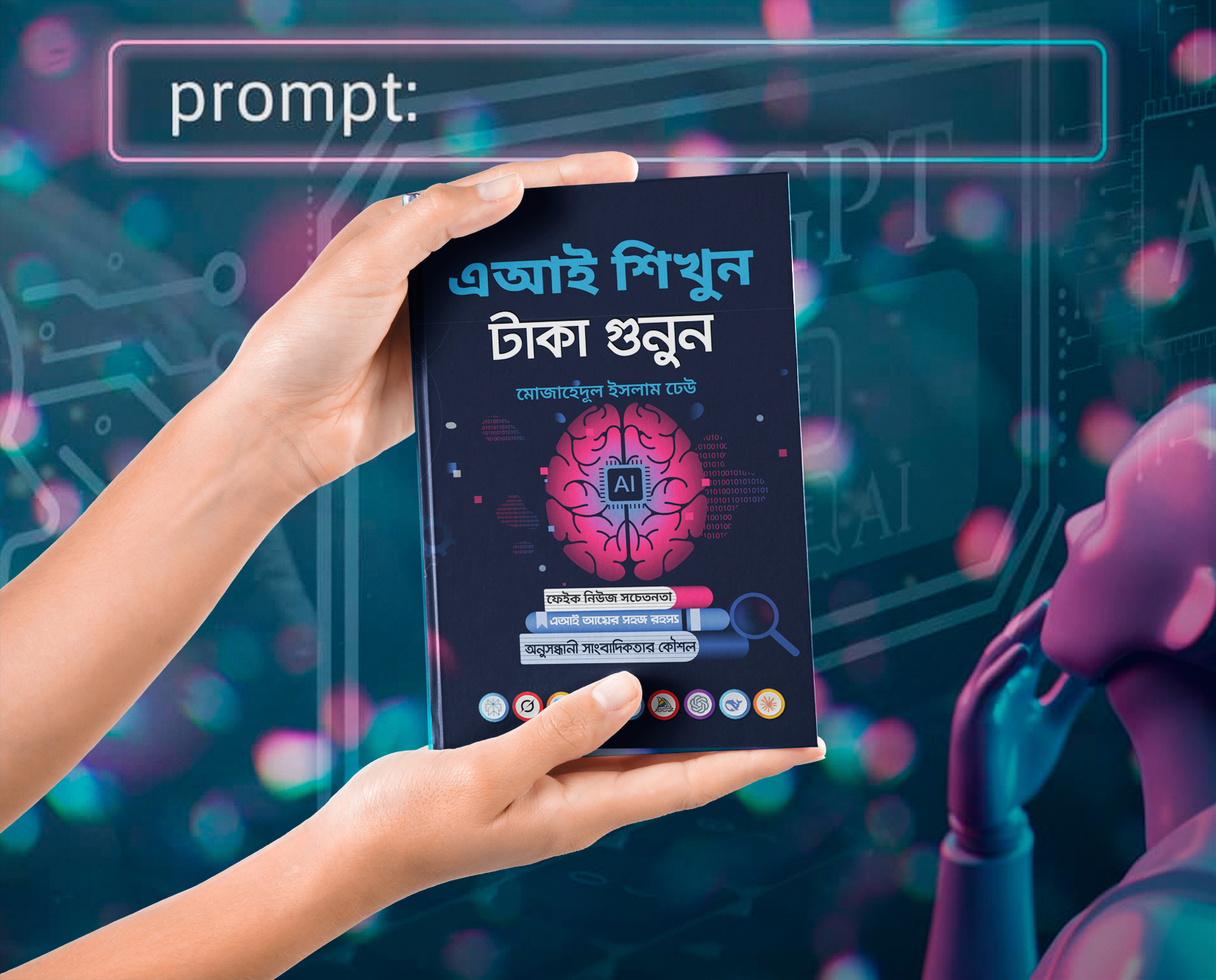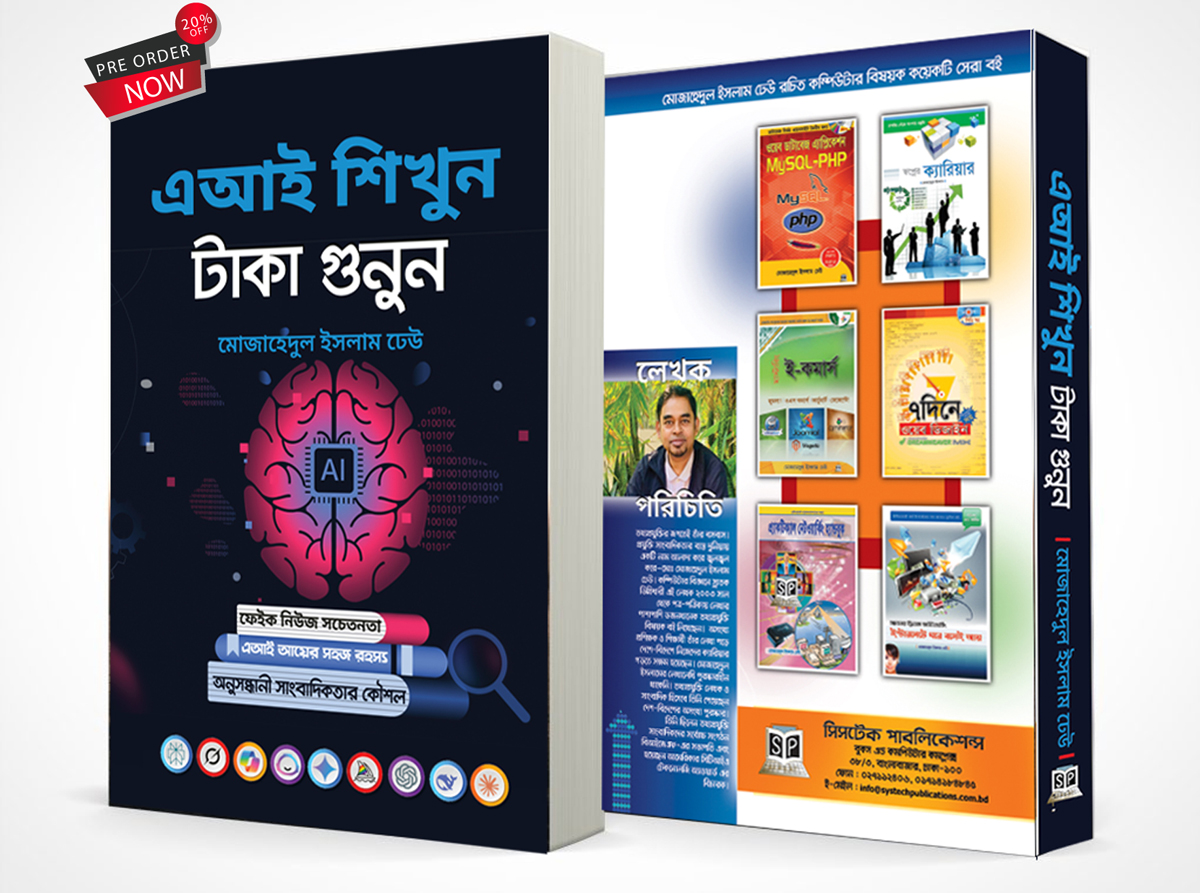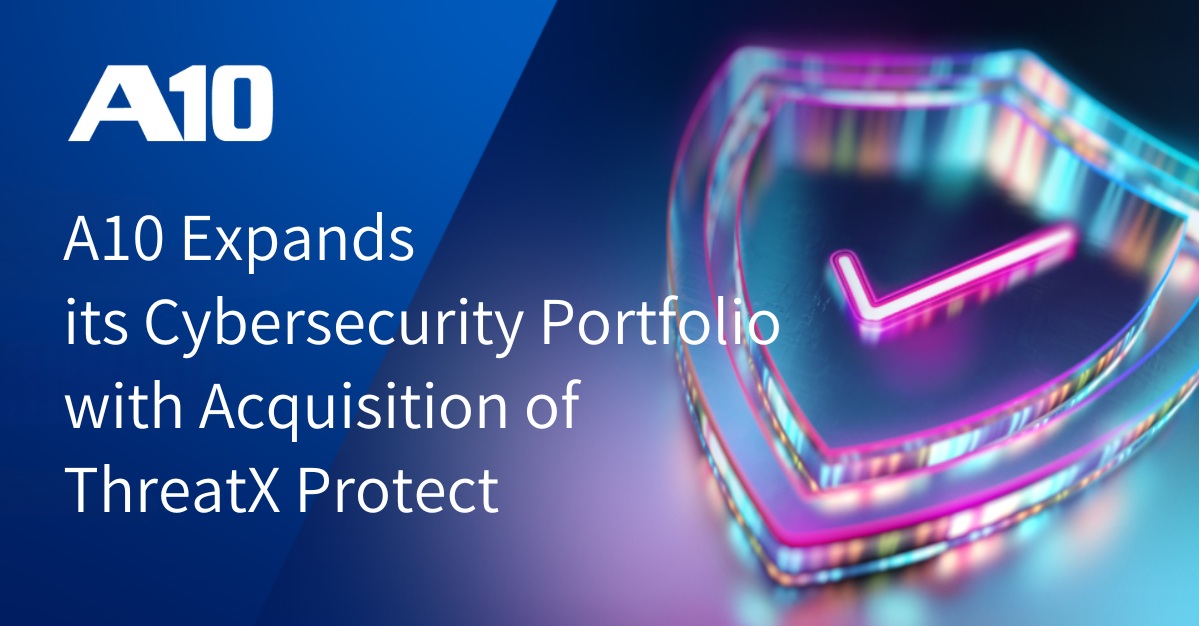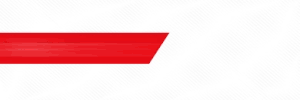Tech
WSIS Prizes 2024 recognize the best in tech projects to support sustainable development
Published
2 years agoon

Winners from around the world honoured for innovative approaches to advance the UN Sustainable Development Goals
Winners of the WSIS Prizes, recognizing innovative technological approaches to support sustainable development, were announced today at the World Summit on the Information Society (WSIS)+20 Forum High-Level Event 2024 in Geneva, Switzerland.
Overall, projects from 18 countries were presented with WSIS Prizes top honours, showcasing leading efforts to bridge the digital divide, foster digital inclusion, and drive socio-economic progress on a global scale.
“This year’s WSIS Prizes demonstrate the innovation and energy that exist to find technological solutions to some of the globe’s biggest challenges,” said ITU Secretary-General Doreen Bogdan-Martin. “These are the creative contributions that the world needs in our effort to advance the UN Sustainable Development Goals.”
WSIS Prizes 2024 Winners
Category 1: The role of governments and all stakeholders in the promotion of ICTs for development
Organization: Saudi Data and AI Authority (SDAIA)
Project: The National Data Bank (NDB) and Estishraf
Country: Saudi Arabia
Description: To revolutionize Saudi Arabia’s governance through data and AI, enhancing sectors like healthcare, education, and transportation while promoting innovation and collaboration.
Category 2: Information and communication infrastructure
Organization: Department of Information and Communications Technology – Region 10
Project: Empowering Disaster Response in Northern Mindanao through the use of Local Radio Networks
Country: Philippines
Description: To establish a resilient radio communication network across Northern Mindanao to enhance disaster response and mitigate the impact of future crises.
Category 3: Access to information and knowledge
Organization: Internet Society Tanzania Chapter (ISOC-Tz) & Partner Organization for Digital Africa & ISOC Foundation
Project: Tanzania Digital Inclusion Project (TADIP)
Country: United Republic of Tanzania
Description: To bridge the digital divide in Tanzania by providing affordable Internet access, digital skills training, and community engagement initiatives, thereby fostering socio-economic development and inclusivity.
Category 4: Capacity building
Organization: Perkumpulan Mitra TIK Indonesia (ICT Watch)
Project: JaWAra Internet Sehat
Country: Indonesia
Description: To promote digital literacy and empower communities in Indonesia through grassroots initiatives led by local champions, fostering a conducive internet ecosystem and enhancing digital skills and safety awareness.
Category 5: Building confidence and security in use of ICTs
Organization: Bangladesh Computer Council
Project: NationalConnect: Empowering Governance, Education, and Sustainability through Secure Government Video Conferencing
Country: Bangladesh
Description: To provide a homegrown video conference platform developed by the Bangladesh Computer Council (BCC) to ensure seamless government services and educational continuity, particularly during the COVID-19 pandemic, while fostering innovation and cost-saving measures.
Category 6: Enabling environment
Organization: Federal Telecommunications Institute (IFT)
Project: Interactive Tool of Policies, Terms and Conditions Applicable in the use of Digital Platforms
Country: Mexico
Description: To provide transparent and accessible information to users about privacy policies and terms of service on various digital platforms, empowering them to make informed decisions and promoting digital literacy.
Category 7: ICT applications: benefits in all aspects of life (E-government)
Organization: Innovation and Digital Development Agency (IDDA)
Project: “MyGov”
Country: Azerbaijan
Description: To create a unified digital service platform that seamlessly integrates citizens and state entities, providing efficient access to government services and fostering collaboration.
Category 8: ICT applications: benefits in all aspects of life (E-business)
Organization: Financial Service Authority (FSA)
Project: Analytical Portal (Bayanat)
Country: Oman
Description: To establish an analytical portal (Bayanat) that facilitates the exchange of business information based on the global XBRL standard, providing accessible and reliable financial data to market participants.
Category 9: ICT applications: benefits in all aspects of life (E-learning)
Organization: Universitat Autonoma de Barcelona
Project: Young ArcHers project
Country: Spain
Description: To develop efficient training materials and accessible tools to support primary school teachers in promoting European cultural heritage among students, including those with disabilities and from diverse backgrounds.
Category 10: ICT applications: benefits in all aspects of life (E-health)
Organization: Check Me Ltd
Project: Check Me
Country: Rwanda
Description: An AI-powered e-health platform aimed at combating breast cancer in Africa by addressing awareness gaps, accessibility issues, and high healthcare costs through education, self-screening guidance, and connectivity with specialists and survivors.
Category 11: ICT applications: benefits in all aspects of life (E-employment)
Organization: Digital Dubai Authority
Project: Smart Employee
Country: United Arab Emirates
Description: To revolutionize staff management in Dubai’s government entities by providing an innovative, user-friendly, and efficient solution for various services, contributing to the city’s digital transformation goals.
Category 12: ICT applications: benefits in all aspects of life (E-environment)
Organization: Advanced Info Service Public Company Limited (AIS)
Project: AIS E-Waste+ Application
Country: Thailand
Description: To revolutionize e-waste management in Thailand by providing a comprehensive platform that encourages responsible disposal and recycling through the innovative use of blockchain technology.
Category 13: ICT applications: benefits in all aspects of life (E-agriculture)
Organization: Department of Agriculture
Project: GeoTanaman
Country: Malaysia
Description: To revolutionize Malaysia’s agriculture by providing a comprehensive digital platform for farmers to manage, analyze, and present geospatial information related to food crops, fostering a resilient and self-sufficient agricultural landscape.
Category 14: ICT applications: benefits in all aspects of life (E-science)
Organization: China Mobile Communications Group Co., Ltd
Project: Large-Capacity Wide-Area Data Express for Scientific Computing Breakthroughs
Country: China
Description: To address the inefficiency and security risks associated with wide-area transmission of large volumes of data in scientific research by proposing an efficient and economical online data transmission solution based on a computility network and AI intelligent scheduling.
Category 15: Cultural diversity and identity, linguistic diversity and local content
Organization: Digitization Association for Technology and Science (DATS)
Project: Center for Digitization and Documentation of Heritage and Arts Setif
Country: Algeria
Description: To document the heritage and arts of Setif in the virtual world, to digitize them in two- and three-dimensional formats, and to obtain certificates of ownership in the virtual world with tradable crypto assets (NFT’s), enhancing the protection and conservation of the cultural heritage and arts.
Category 16: Media
Organization: Upview
Project: One-stop AI Solution for content creators to go viral – consistently!
Country: United States of America
Description: An AI-powered growth platform for video content creators, aiming to automate video strategy, support execution, and drive distribution for content creators using proprietary AI technology.
Category 17: Ethical dimensions of the Information Society
Organization: Nokia
Project: Smartpur
Country: India
Description: To empower and support local communities in India through digital technology, focusing on connecting the unconnected and providing access to essential services in health, education, livelihood, financial inclusion, and governance.
Category 18: International and regional cooperation
Organization: South School on Internet Governance
Project: University Diploma in Internet Governance and Regulations
Country: Argentina
Description: To train young students and professionals from various disciplines in understanding the importance of Internet Governance and its impact on developing economies, enhancing representation in global Internet Governance discussions.
Showcasing technology for impact
The WSIS Prizes are a global platform aligned with the 2030 Agenda for Sustainable Development.
The WSIS Prizes 2024 received over 1000 submissions from over 100 countries. Since its inception in 2012, the contest has received more than 5,000 submissions and engaged with millions of stakeholders, including voters, on success stories from around the world that are built around technological solutions to sustainable development challenges.
At the WSIS Prizes 2024 ceremony, the Swiss Confederation and the United Arab Emirates were recognized for 20 years of implementation of WSIS Action Lines.
The WSIS+20 Forum High-Level Event 2024 is meeting from 27 to 31 May to address challenges and log achievements in the two decades since the multi-stakeholder WSIS process was established.
You may like
Tech
From Confusion to Clarity: Dheow’s Book Helps Users Master ChatGPT Conversations
Published
3 months agoon
November 10, 2025
The much-anticipated book ‘AI Shikhun Taka Gunun’ (Learn AI, Count Money) by ICT writer and journalist Mojahidul Islam Dheow has officially hit the shelves. According to Systech Publications, the book received an overwhelming response even before its release, with more than 1,600 pre-orders placed within the very first week through platforms like Rokomari.com, Prothoma, and other online stores. It is now available at bookstores across Bangladesh, including Systech’s outlet in Banglabazar, Dhaka, at a printed price of Tk 400.
In today’s fast-changing digital world, we stand at a crossroads where a single keystroke can open the door to new income opportunities. Artificial Intelligence (AI) has become humanity’s newest coworker—reshaping how we live, learn, and earn. Mojahidul’s latest book builds a bridge from learning to earning, connecting investigative journalism with public awareness and guiding readers toward practical uses of AI for creativity, innovation, and income generation.
The book is thoughtfully divided into three major parts. The first part serves as an income guide for young learners, showing them how to use AI prompts and tools to find freelance work, generate creative ideas, and turn them into profitable ventures. The second part functions as an investigative toolkit for journalists, offering hands-on advice on data mining, source verification, and cybersecurity using AI applications. The third part caters to general readers, simplifying the complex world of AI and explaining its opportunities and risks in easy, everyday language—from detecting deepfakes and misinformation to understanding how AI is transforming modern life.
Within its chapters, the author introduces over 150 AI tools across more than 30 categories, helping readers explore the most effective AI resources for any purpose—whether for business, work, or personal development. The book highlights tools for AI assistance, video and image generation, automation, meetings, and research. It also discusses AI-powered writing, design, and app-building platforms, alongside innovative AI search engines. Readers will find valuable insights into AI tools for knowledge management, email automation, scheduling, presentations, and even résumé creation. Mojahidul further explores creative fields such as AI-generated voice and music, as well as marketing innovations that promise to revolutionize both productivity and imagination in the digital age.
Md. Mojahidul Islam Dheow, a computer science graduate, has been an active voice in ICT writing since 2003 and has authored over a dozen books. His title Web Database Application: MySQL-PHP was the first Bangla-language book on web database and application development, earning him the Bestseller Award in 2021. His writing style is lively, accessible, and deeply engaging—sometimes technically detailed, sometimes playfully conversational. Reading his work feels like chatting with a tech-savvy friend who’s eager to share smart digital tricks over a cup of coffee.
There are plenty of reasons to read AI Shikhun, Taka Gunun. Whether you’re a beginner looking to start freelancing, a journalist interested in mastering AI-driven investigative tools, or a curious reader eager to understand how AI is reshaping everyday life, this book speaks to all audiences with equal clarity and enthusiasm. Ultimately, Learn AI, Count Money is more than just a book—it’s a complete roadmap for thriving in the era of artificial intelligence.
Speaking about his new release, Mojahidul Islam Dheow shared his vision for the book:“This book reveals countless ways to earn through AI. You can use AI content tools to offer writing services, manage brands and social media accounts, or provide AI-powered SEO solutions. You can even build and sell your own custom GPTs! If you’re creative, AI-generated art and images can become great sources of online income. Similarly, AI-driven affiliate marketing, ad management, and optimization are becoming increasingly popular.
Many people struggle to find the right prompts that bring out useful and engaging responses from ChatGPT. It can be frustrating to spend time crafting questions only to get results that miss the mark. That’s where this guide comes in. In this book, I’ve compiled a collection of over 500 effective prompts designed to spark creative and insightful responses. For example, if you’re writing about travel, instead of asking, ‘Tell me about traveling,’ try, ‘Describe a perfect day in Paris, from breakfast to dinner.’ The same logic applies to IT support—rather than asking, ‘How do I fix my computer?’ ask, ‘How can I speed up my Wi-Fi on Windows 11?’ The more specific your prompt, the clearer and more helpful the answer will be.
Translation and localization services powered by AI also open up easy income opportunities. You can create and sell digital products, offer AI tutoring, or launch online courses. Building AI-powered websites, managing email campaigns, developing chatbots or mobile apps—even automating lead generation—AI offers endless possibilities. Finally, AI is now an incredible assistant in data collection, management, and analysis. You can even generate AI-based video content and monetize it on video platforms.”
Through AI Shikhun, Taka Gunun, Mojahidul Islam Dheow once again proves his mastery in blending technology with practical wisdom. His latest work doesn’t just teach readers about AI—it empowers them to turn knowledge into action, and curiosity into income, in the exciting new world of artificial intelligence.
Tech
Pre-Orders Open for Mojahidul Islam’s Latest Computer Book ‘AI Shikhun, Taka Gunun’
Published
5 months agoon
September 12, 2025
Technology writer and journalist Mojahidul Islam Dheow is set to release his new book, “AI Sikhun, Taka Gunun.”
Online pre-orders have already started, and the book is being published by Systech Publications.
In today’s digital age, we stand at a turning point—where simple keystrokes can turn into dollars, and Artificial Intelligence (AI) is becoming humanity’s newest coworker.
This book acts as a bridge, connecting learning with earning and blending investigative journalism with awareness-raising for general readers. The book is structured into three parts.
The first section is designed as an earning guide for young people. It explains how AI content prompts can create opportunities in the freelancing market and how small ideas can grow into significant income streams.
The second section serves as a hands-on investigative handbook for journalists, offering practical tips on using AI tools for data mining, verifying sources, and ensuring cybersecurity.
The third section is aimed at general readers. It presents the opportunities and risks of AI in simple language while also teaching methods for spotting deepfakes and identifying fake news.
Mojahidul Islam Dheow, a Computer Science graduate, has been writing and publishing technology-related books since 2003, with more than a dozen titles to his name.
His book “Web Database Application: MySQL–PHP” was the first Bangla-language book on website database and application development, earning him the Best Author Award in 2021. Dheow’s writing style is lively and accessible—sometimes deeply technical, sometimes witty and lighthearted. His words make readers feel as though they are casually learning new hacks while chatting with a friend.
This book is equally valuable for three key audiences: those who want to start freelancing but don’t know how to begin, journalists eager to learn the magic of AI-powered data tools, and everyday readers curious about how AI is reshaping our daily lives.
All in all, “AI Sikhun, Taka Gunun” is not just another book—it is a complete roadmap for surviving and thriving in the age of AI.
According to the author, the book will help readers discover numerous exciting ways to earn with AI. These include offering writing services with AI content tools, managing brands and social media accounts, providing AI-powered SEO services, creating and selling custom GPTs, producing AI-generated art and images, affiliate marketing, optimizing paid advertising, offering translation and localization services, developing and selling AI-powered digital products, teaching and hosting online courses, building websites and running email marketing campaigns, creating AI chatbots for businesses, developing mobile apps, automating lead generation, managing and analyzing data, and even producing AI-powered YouTube content.
The printed price is 400 Taka. If pre-ordered, the book can be purchased at a 20% discount for 320 Taka at https://www.rokomari.com/book/504542/ai-shikhun-taka-gunun.
Tech
A10 Networks Expands its Cybersecurity Portfolio with Acquisition of ThreatX Protect
Published
11 months agoon
March 13, 2025
ThreatX Protect Addresses Critical Need to Protect Against Evolving Application and API Security Threats
To continue to help customers address the rapidly evolving cyber threat landscape, A10 Networks has acquired the assets and key personnel of ThreatX Protect expanding its cybersecurity portfolio with web application and API protection (WAAP). The acquisition is expected to be modestly accretive to A10’s earnings per share in 2025 and has closed.
Attacks against web applications and application programming interfaces (APIs) are on the rise and are a significant threat to enterprises. ThreatX Protect provides a unique WAAP solution using behavioral and risk profiling to help protect enterprises from evolving threats, including threats to AI applications, which can complement an AI firewall. Delivered as a software-as-a service solution, ThreatX Protect includes API protection, bot management and next-generation web application firewall.
“Expanding the A10 Defend security portfolio with ThreatX Protect gives our customers an additional tool in their strategy to protect against new and evolving threats,” said Dhrupad Trivedi, president and CEO, A10 Networks. “Our strategic focus is on helping enterprises secure their applications and networks from the growing number of threats today, as well as protecting the emerging AI use cases of the future. Adding WAAP to our solution set gives customers additional capabilities to help establish a strong security posture.”
“We are thrilled that A10 Networks has acquired certain assets of ThreatX, including the brand and the TX Protect WAAP solution to expand A10’s security portfolio,” said Gene Fay, CEO of ThreatX. “A10 has been a fantastic partner throughout this process, and we are confident that our customers and employees will thrive under their leadership.”
As a result of this transition, the remaining assets of ThreatX will be launched as Run Security with TX Prevent, the cutting-edge eBPF-based solution re-launched as RS Prevent.
ThreatX Protect supports A10’s strategy of helping customers deploy A10 security solutions in a hybrid approach to protect apps and APIs running anywhere – public cloud, private cloud, co- location facilities or on-premises. The A10 Defend portfolio of solutions provides DDoS protection, DDoS threat intelligence and web application, and now adds a full-featured WAAP solution all integrated into a single platform with end-to-end delivery and stronger security for mission-critical applications.
Specific terms of the transaction were not disclosed. The acquisition is consistent with A10’s stated strategy of expanding the Company’s security portfolio to grow in the enterprise market. The acquisition does not represent a material change to the Company’s 2025 financial outlook or long-term business model.

From Confusion to Clarity: Dheow’s Book Helps Users Master ChatGPT Conversations

Pre-Orders Open for Mojahidul Islam’s Latest Computer Book ‘AI Shikhun, Taka Gunun’

Bangladesh’s Press at a Crossroads: Between Promises of Reform and the Shadows of Repression










